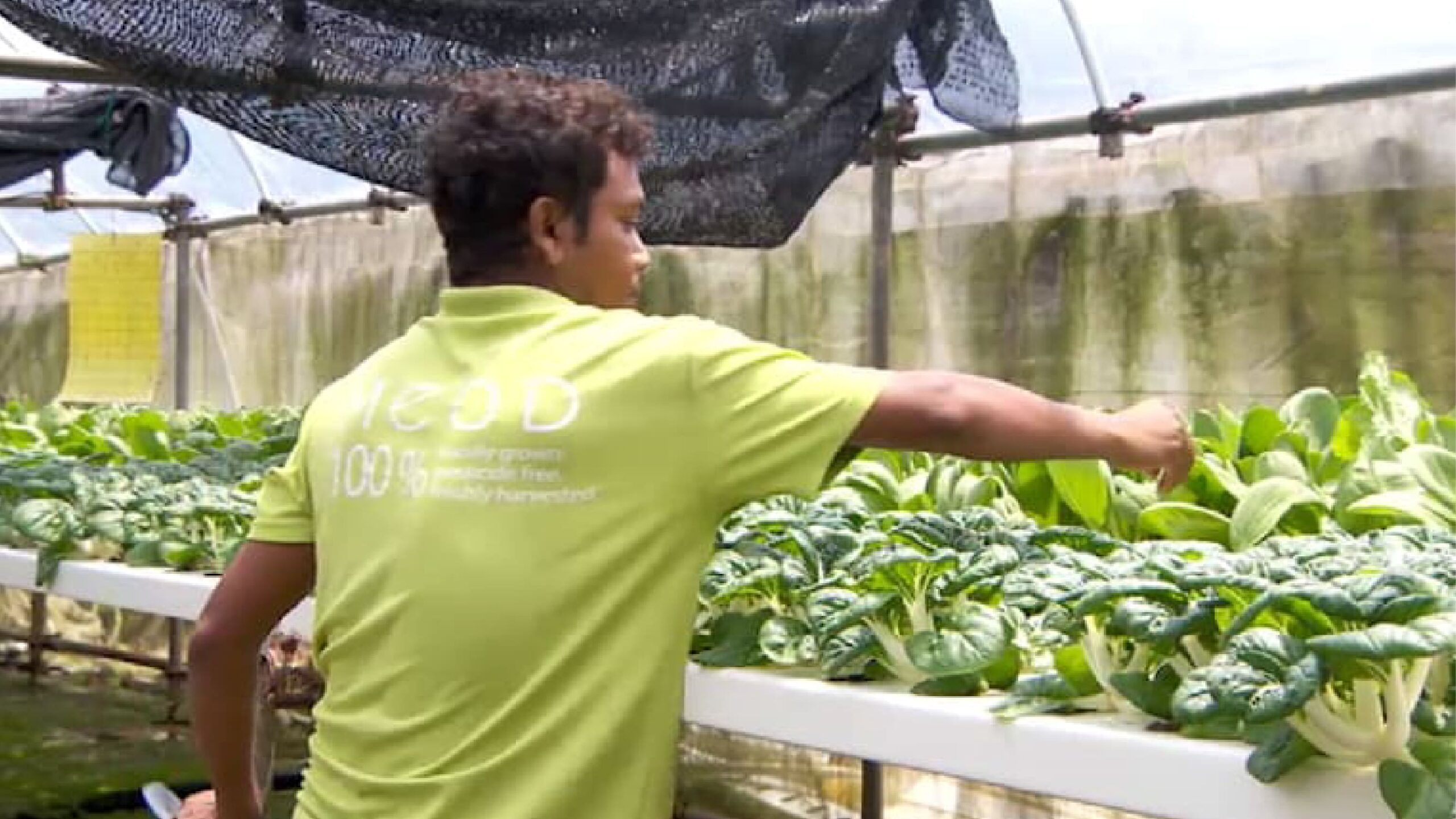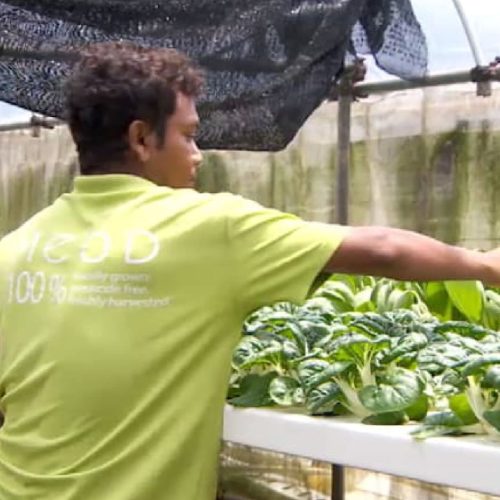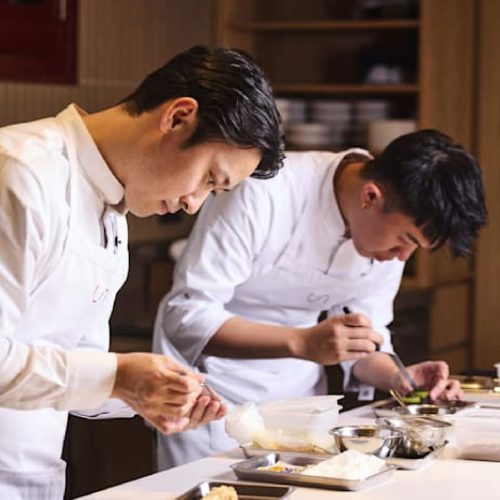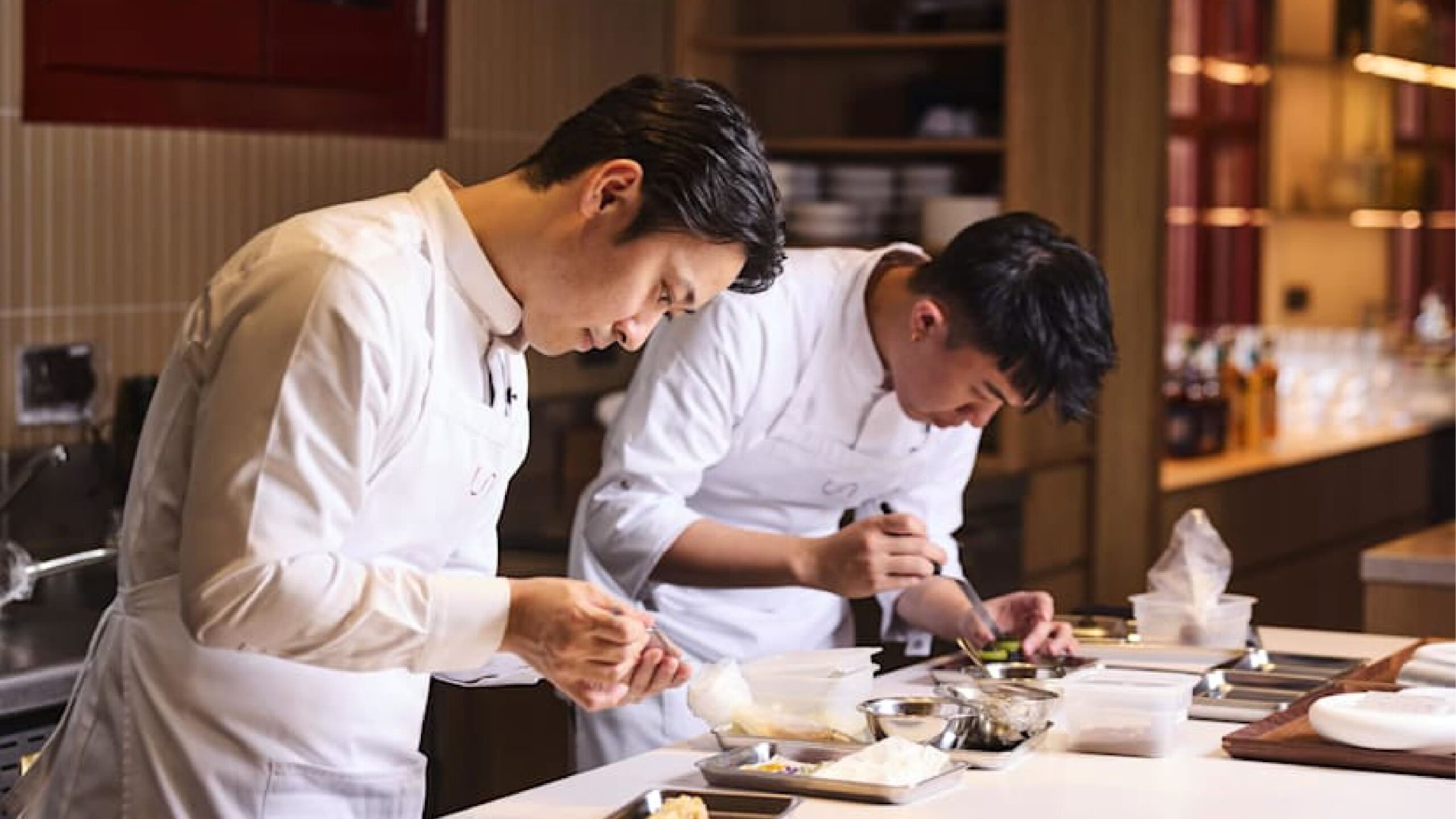Singapore is intensifying its efforts to secure a stable food future. With over 90 per cent of the nation’s food currently imported, the country remains vulnerable to global disruptions, climate challenges, and supply chain instability. To address this, Singapore has announced a new investment of S$40.5 million dedicated to boosting research and innovation in the agri-food sector.
The move was highlighted during the Global Agri-Food Scientific Symposium, where Senior Minister of State for Sustainability and the Environment Zaqy Mohamad emphasized the urgency of producing more food using fewer resources.
The Challenge: Limited Land, Rising Demand
Singapore’s geographical constraints are well known. With limited land and increasing population needs, traditional large-scale farming is not feasible. Climate change and global trade uncertainties further complicate the picture.
The result is clear: Singapore must use innovation to grow food smarter, faster, and more sustainably.
Minister Zaqy explained that science and technology will be key to shaping the future of local food production. This includes developing new farming systems, enhancing crop resilience, and improving the nutritional value of local produce.
Investing in Next-Generation Agriculture Technologies
The S$40.5 million investment will support two major research programmes designed to transform how food is grown and sourced.
1. Seed Innovation Hub: Growing Better Crops in Less Space
The first initiative, the Seed Innovation Hub, receives S$22 million in funding. Its goal is to create high-value crops that can thrive in Singapore’s tropical climate and controlled indoor farms.
Researchers are working to develop seeds that offer:
-
Faster growth cycles
-
Higher nutritional content
-
Improved taste and texture
-
Better resilience in controlled environments
Professor Chew Fook Tim from the National University of Singapore, who leads the programme, highlighted that indoor farming is expensive. Increasing crop yield and market value is essential to keep local urban farming sustainable.
He explained that enhancing taste and nutritional quality could make Singapore-grown produce more desirable to consumers, opening new market opportunities for local farmers.
2. AquaPolis Aquaculture Programme: Enhancing Local Seafood Production
The second initiative allocates S$18.5 million to the AquaPolis programme, which focuses on improving the quality and resilience of farmed fish, especially Asian seabass.
Key research areas include:
-
Breeding parasite-resistant juvenile fish
-
Improving fish survival rates
-
Enhancing nutritional quality, such as Omega-3 content
-
Reducing production and feed costs
Dr Richard Le Boucher from Temasek Life Sciences Laboratory noted that local fish farmers face steep challenges, from expensive feed to pathogen issues. With research support, farms can become more competitive and sustainable.
Updating National Sustainability Targets
Singapore is also refreshing its national food resilience targets. The previous “30 by 30” goal has evolved into more focused, category-specific targets:
-
20 per cent of local fibre needs to be produced domestically by 2035
-
30 per cent of local protein needs to be supplied locally by 2035
These targets better align with the capabilities of Singapore’s farming ecosystem and emerging technology.
Farmers Call for Practical Support and Stable Demand
While innovation funding is welcome, local farmers stress the importance of consistent market demand and shared resources.
A proposed multi-tenanted agri-food facility could reduce operational costs by allowing multiple farms to share infrastructure. Results from feasibility studies are expected within two years.
Farmers also hope for structured contract farming arrangements, where institutions such as hospitals, schools, and the Singapore Armed Forces commit to purchasing a portion of local produce. Such agreements would offer greater financial stability and confidence to scale operations.
Looking Ahead: Building a Resilient Food Future
The agri-food sector in Singapore is still young, but it is evolving rapidly. With the right incentives, research support, and coordinated demand, industry leaders believe that local production can become more robust and commercially viable.
As global food challenges grow, Singapore’s push toward innovation-led agriculture signals a clear direction: a sustainable, self-reliant, and future-ready food ecosystem.







